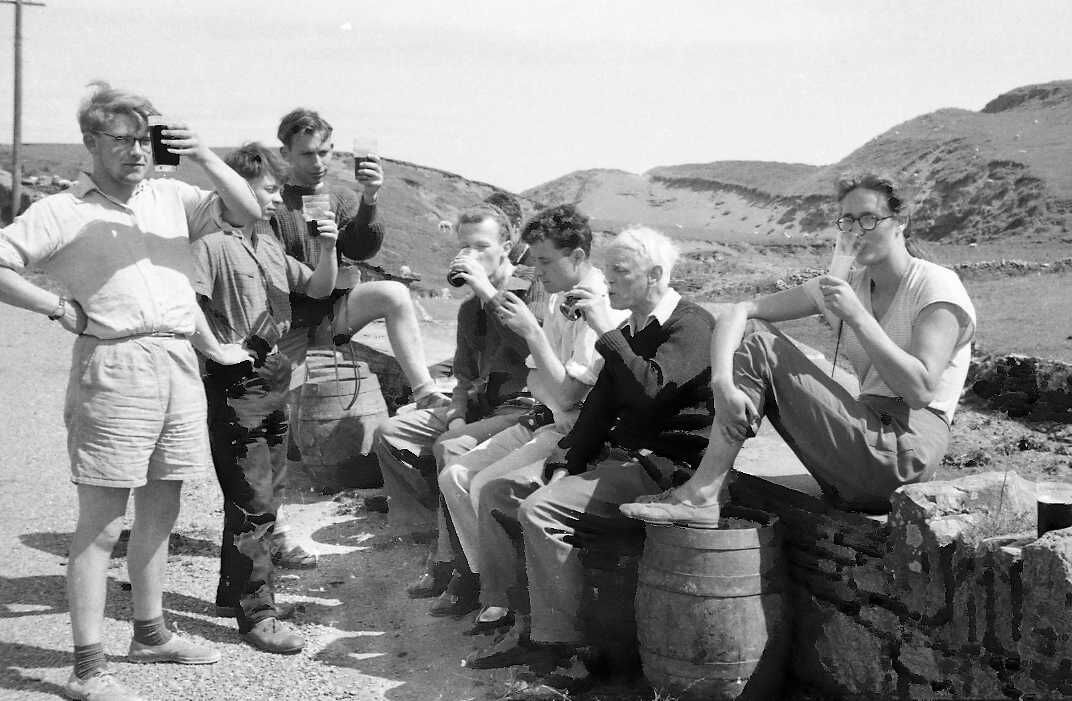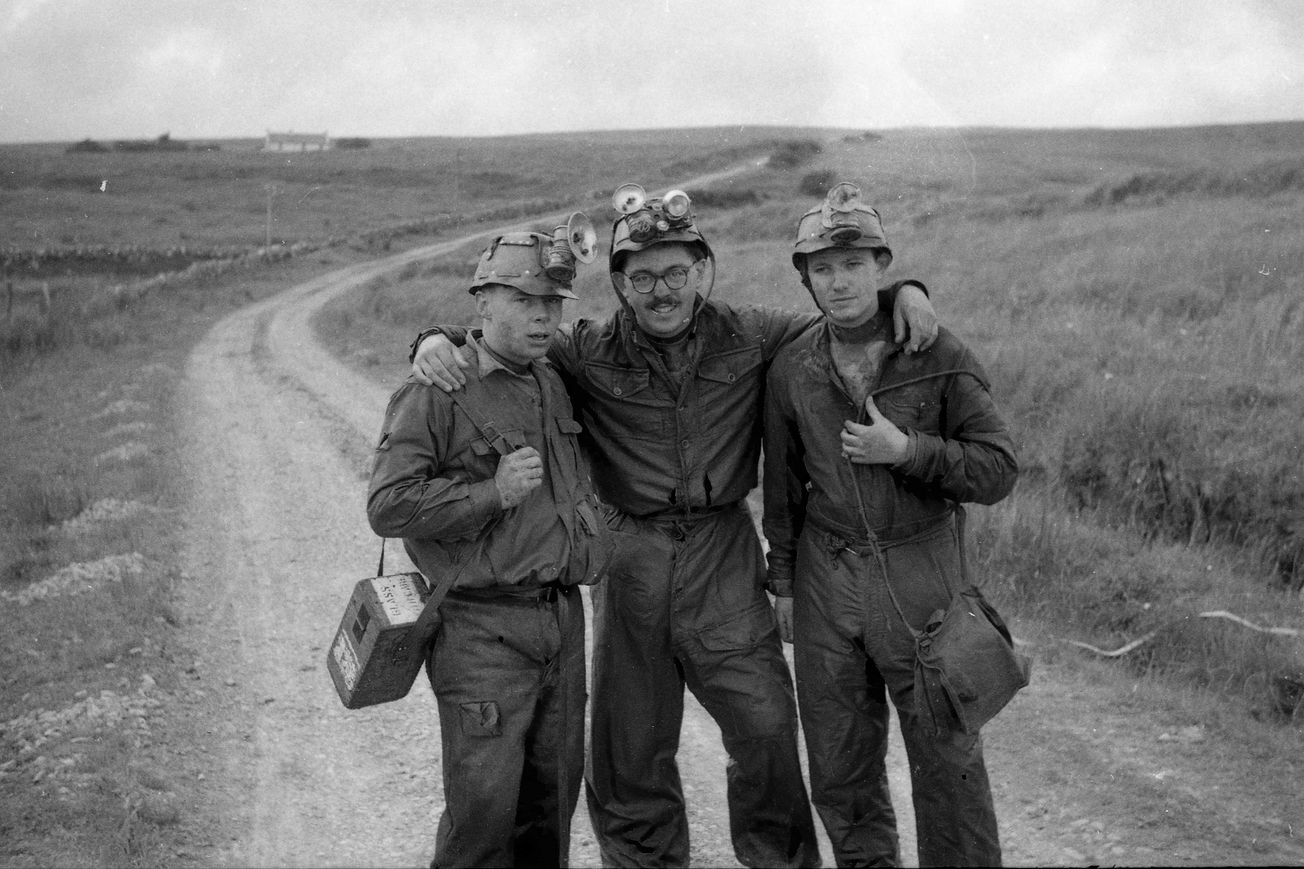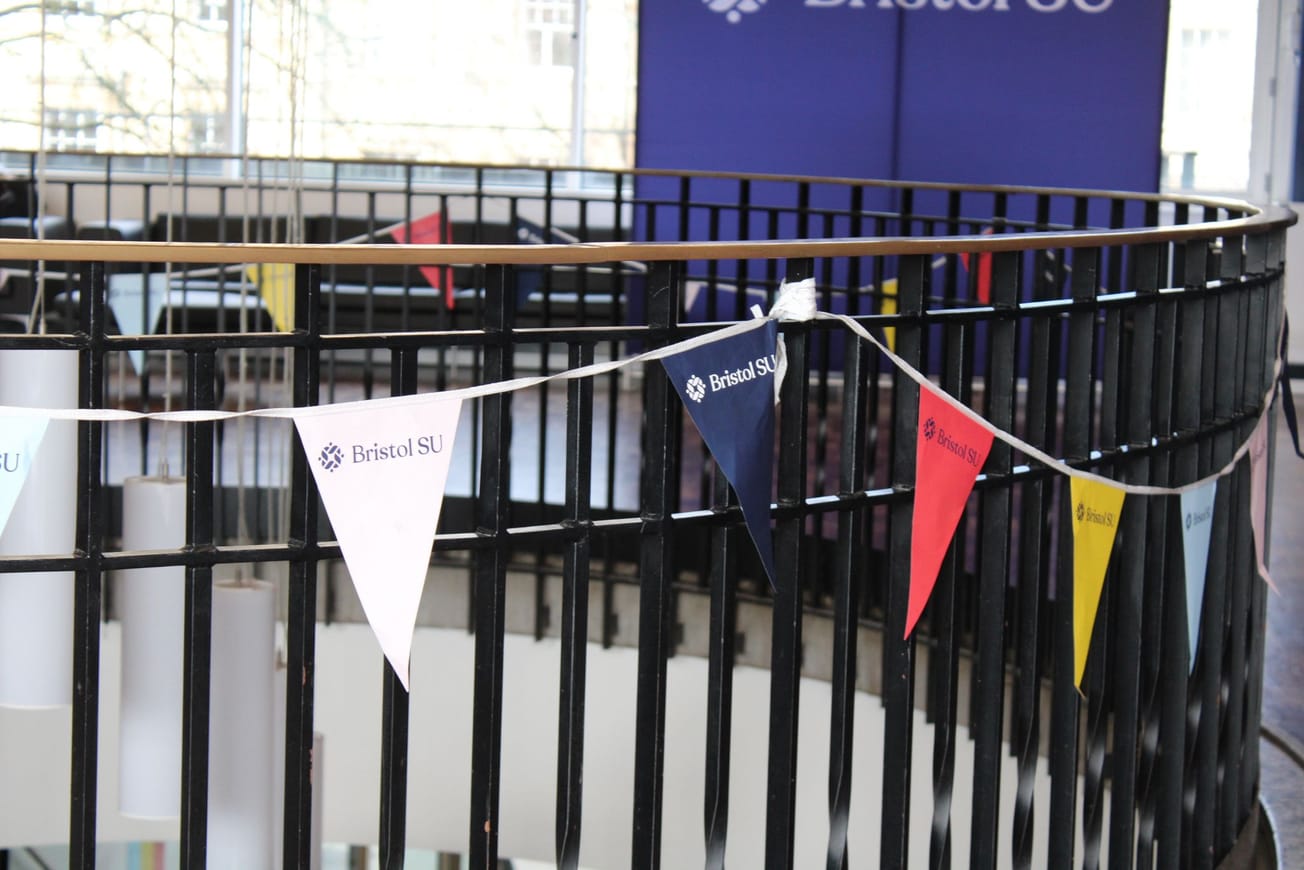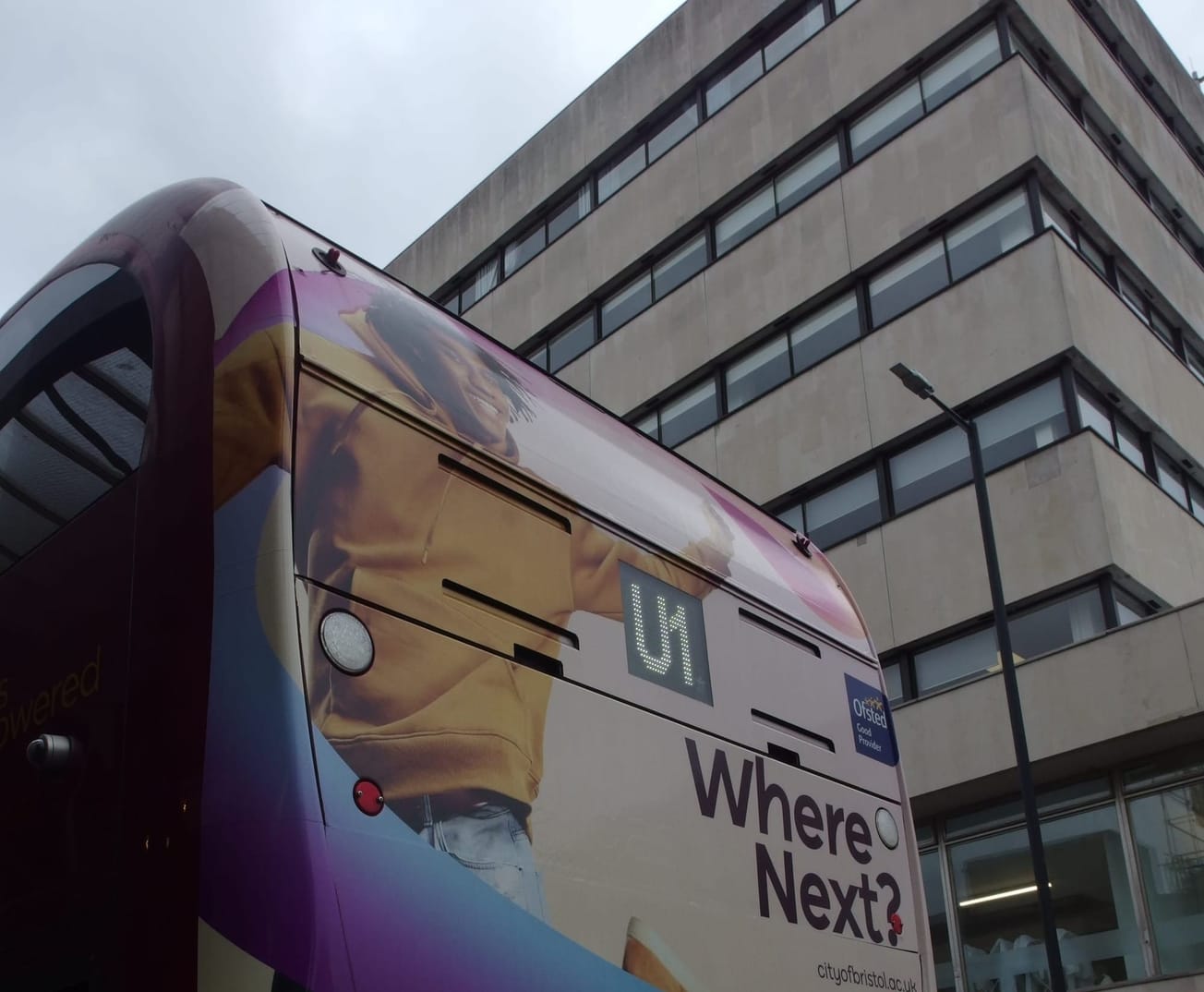By Nick Stromberg, MA, History
The University of Bristol Speleological Society (UBSS) was established by students and teachers at UoB a few months after WWI ended, making it one of the oldest university caving clubs in the world.
To celebrate the anniversary of this momentous founding, over the last few months, the UBSS has collaborated with researchers from the UoB Department of History in an innovative oral history project: ‘100 Memories’.
The initiative, enabled by generous grants from the British Cave Research Association (BCRA) and the Oliver Lloyd Memorial Fund, aimed to gain a clearer sense of the history of the UBSS by collecting the recollections of men and women members from across the lifetime of the society.

From May to August, a total of 18 informal interviews were conducted - the oldest ‘Speleo’ interviewed was 97 and had started caving with the UBSS before WWII. This testimony has shed new light on the interesting, and often dramatic, story of the UBSS.
The interviews vividly convey the sense of adventure that has imbued all of the activities of the society since its establishment. The ‘distinctive thrill’ of discovering a subterranean space in which no other human had previously set foot motivated members to launch regular weekend trips from Bristol to the nearby Mendips as well as further afield, to Yorkshire, Scotland or Ireland.
Often, these expeditions were fraught with danger.
One interviewee recalled how he and two other UBSS members were left stranded in an uncharted cave sump (an underground passage of water) after their cave-diving apparatus, that they had improvised themselves in the UoB Department of Engineering, malfunctioned.
They were forced to swim onwards into the darkness with no oxygen supply and only (gratefully) reached safety with seconds of breath to spare.
Other interviews divulged details of special experiences that could only occur underground.
One UBSS member described the ‘spiritual sensual quality’ of turning her light off whilst in a cave and sitting peacefully in total darkness, whilst another shared the (altogether less peaceful) memory of coming face-to-face with a venomous snake in the middle of a cave in Borneo.
Nonetheless, every Speleo interviewed concurred that their most precious memories were rooted in the singular and tight-knit community fostered in the UBSS. Interviewees reflected fondly on the ‘almost communal life’ of the society in the 1950s and 1960s.
They were forced to swim onwards into the darkness with no oxygen supply
Weekdays were spent in long afternoons in the UBSS rooms under the UoB Department of Geography, whilst the weekend was typically dedicated to expeditions, all facilitated by the unwavering generosity of Professor E.K. Tratman and Oliver Lloyd, the club’s two leaders.
This social intimacy, when combined with the profound interpersonal trust developed by the act of caving itself, ensured that the UBSS continues to hold a close grip on the hearts of all of its members.
For more information about the ‘100 Memories’ project, visit the UBSS’s website. A digital archive of oral interviews and their transcripts will soon be available on the BCRA’s website.









